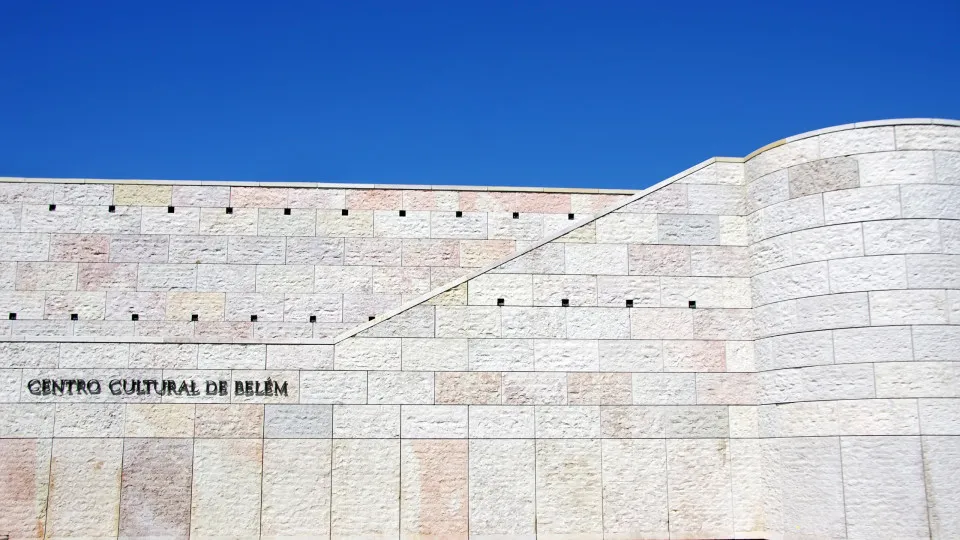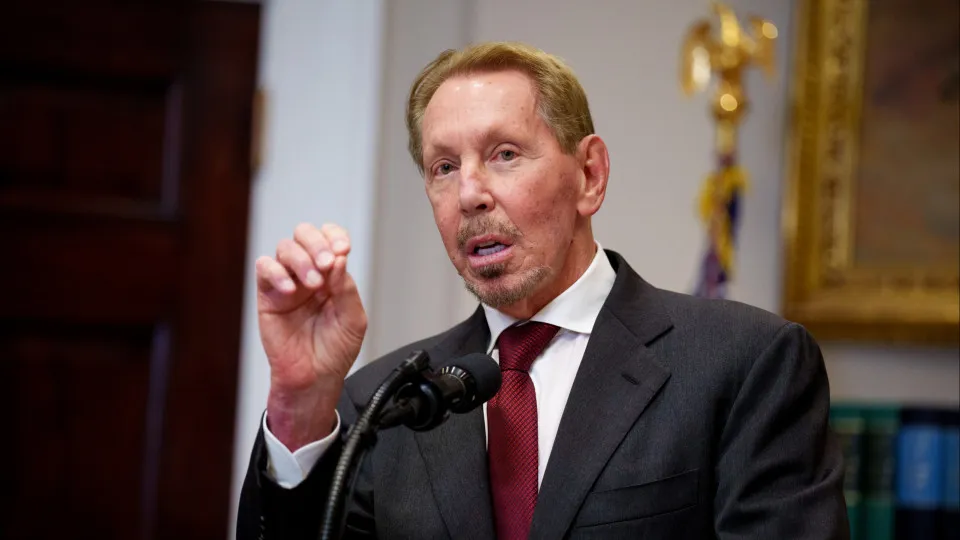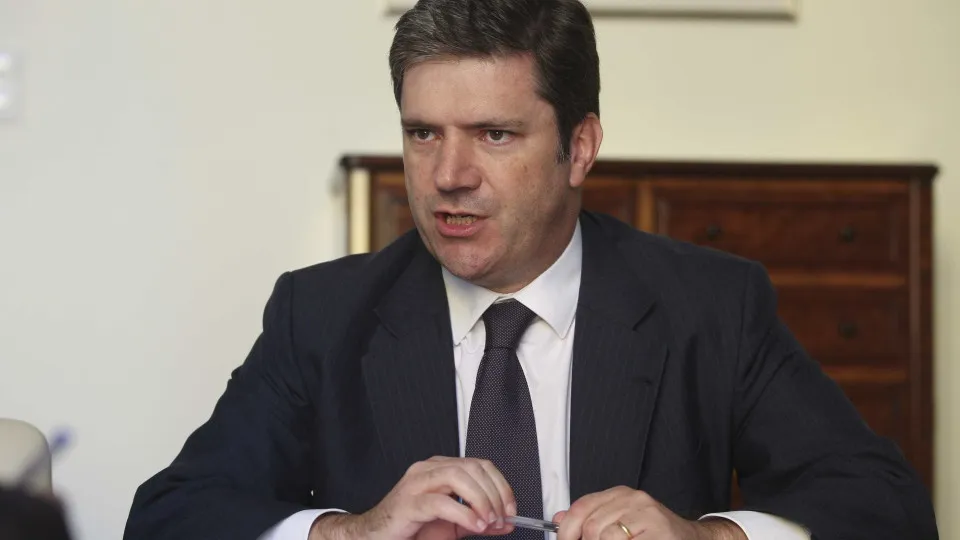
The Centro Cultural de Belém (CCB) unveiled its program for the season running until July 2026, during a press conference held in Lisbon. Present at the event were CCB’s president, the current sole board member, Madalena Reis, and programmers from various artistic sectors within the cultural venue.
“This season at the CCB meets the demands of both the institution and its audiences: accessibility, a wide variety of artistic expressions, and critical social issues of the moment,” stated Vassallo e Silva, responding to questions at the conclusion of the press conference. He highlighted the opera ‘Adilson’ by Dino Santiago, marking the season’s commencement on Friday.
The event, featuring text by Rui Catalão, focuses on social injustice, discrimination, human fragility, and hope. It is an original commission and production by BoCA – Bienal de Artes Contemporâneas, in co-production with CCB, and represents the artist’s first foray into opera.
“The broad spectrum of offerings for diverse audiences, paired with this physical capacity—we have one of the largest auditoriums in the country—spanning opera, theater, singing, jazz, always with a civic vision,” emphasized Nuno Vassallo e Silva, who was appointed president by former Minister of Culture, Dalila Rodrigues, in late 2024, following the dismissal of cultural manager Francisca Carneiro Fernandes.
The new season highlights include Marco Martins’s play ‘Um Inimigo do Povo’, inspired by events on Rua do Benformoso, performances by O Bando and Christiane Jatahy, and the staging of Wagner’s opera ‘Tannhäuser’, set to run from September 2025 to July 2026.
The season shows a particular focus on theater and classical music, featuring performances by both Portuguese and international orchestras, such as Orquestra XXI, led by conductor Dinis Sousa, and the Huelgas Ensemble led by Paul van Nevel. Musicians Pedro Burmester and François-Frédéric Guy are also set to perform, alongside new opera productions from Puccini to Dino D’Santiago.
“Bringing Mozart or Chopin is vital for promoting the creation of critical spirit and analytical capacity in this turbulent world. The CCB is akin to a beacon, seeking, like major cultural institutions, a path for our times,” evaluated CCB president Vassallo e Silva.
In response to a query about the resignation of artistic director for performing arts, Aida Tavares, in July, Vassallo e Silva declined to comment, assuring there was “no rupture.”
“The team remains enthusiastic, and we are monitoring the process [of recruiting a new collaborator through an international public competition]. The pre-selection is conducted by a highly esteemed external jury, chaired by professor António Pinto Ribeiro, to select the best candidate, always with a vision of continuity in renewal,” said the CCB president, noting that “every team member brings their unique mark” to the cultural facility.
For Vassallo e Silva, “the key is to continue offering an ever-growing array of options, while seeking transparency and openness to all audiences.”
“There has been a complete transformation in the design since CCB’s founding [in 1993], particularly in recent years. But currently, for example, in the visual arts, we are developing partnerships with similar institutions. When CCB was inaugurated, it was somewhat of an island, but today there lies a different reality—the Museum of Art, Architecture, and Technology, the Julião Sarmento Pavilion, Municipal Galleries, and the Armando Martins Museum of Contemporary Art. This entire reality enriches us greatly and demands ongoing accompaniment and dialogue.”
The administration was questioned about the departure, in April, of board member Delfim Sardo, responsible for programming since 2020, but “there are no updates” from the overseeing body.
At the same time, board member Margarida Reis’s term concluded, who informed journalists of her availability to remain in the position.
Present at the press conference was the remainder of the CCB team, including Cláudia Belchior, coordinating general executive, who presented the general traits of the performing arts season, along with Fernando Luís Sampaio and Cesário Costa in programming, while Madalena Wallenstein continues directing the Fábrica das Artes for children and youth audiences.
Regarding the ‘open-call’ for proposals launched in March to collect public suggestions on CCB’s operation, the board reported receiving around 300 responses, “many of which are interesting” and will be disclosed later.




